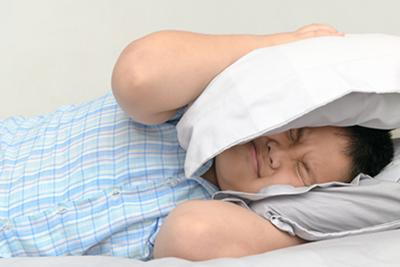Childhood Obesity and Sleep: Understanding the Connection and Importance of Rest

- posted: Mar. 03, 2024
The Centers for Disease Control and Prevention report that childhood obesity affects one out of five kids in the U.S. It is important to seek treatment for obesity in kids because it increases the risk of developing additional health problems, such as asthma, hypertension, heart disease, and type 2 diabetes. Obesity can also affect a child’s self-esteem and confidence. The board certified providers at Kids First Pediatrics in Plainfield, IL, treat childhood obesity.
Factors That Contribute to Childhood Obesity
The Centers for Disease Control (CDC) define childhood obesity as having a body mass index (BMI) that is in the 95th percentile or greater. Obesity in kids can result from several different factors, including:
- Excess calories
- Unhealthy diet
- Lack of physical activity
- Insufficient sleep
- Hormone disorders
- Health conditions
- Certain medications
- Genetics/heredity
Childhood obesity can lead to several health problems, including asthma, high blood pressure, sleep apnea, type 2 diabetes, and shortness of breath with only minor activity. Kids who are severely overweight might also experience confidence and self-esteem issues. The skilled and caring providers at our pediatric office in Plainfield, IL, treat childhood obesity to help kids lose excess weight in a safe and healthy manner.
Importance of Sleep and Rest
One often overlooked factor that can contribute to being overweight is not getting enough rest or sleep. Studies conducted by the CDC have found a link between excess body weight and short sleep duration. In other words, not getting enough sleep on a regular basis increases the risk of being overweight.
This phenomenon was observed in all ages, but is especially pronounced in kids. One possible explanation is that lack of sleep affects the hypothalamus region of the brain, which is responsible for regulating appetite and energy expenditure. Insufficient sleep could affect the ability of the hypothalamus to function properly. Additionally, kids who stay awake longer on a regular basis might be more likely to eat more meals or snacks per day, which contributes to excess calories.
Hours of Sleep Needed by Age
The number of hours of sleep kids need each night varies by age. Infants up to 12 months old need between 12-16 hours of sleep throughout the day and night. Toddlers aged 1-2 years need 11-14 hours total with naps, while preschool children between the ages of 3-5 years require 10-13 hours, including naps. Between the ages of 6-12 years, kids need to sleep for 9-12 hours per night, while teens between the ages of 13-18 years require 8-10 hours of sleep.
Childhood obesity can be caused by many different factors, including insufficient sleep. Schedule an appointment with one of our experienced providers to learn more about treating childhood obesity by calling Kids First Pediatrics in Plainfield, IL, at (815) 609-5437.
Our Location
Primary Location
24600 West 127th Street Building B Suite 345
Plainfield, IL 60585, US
